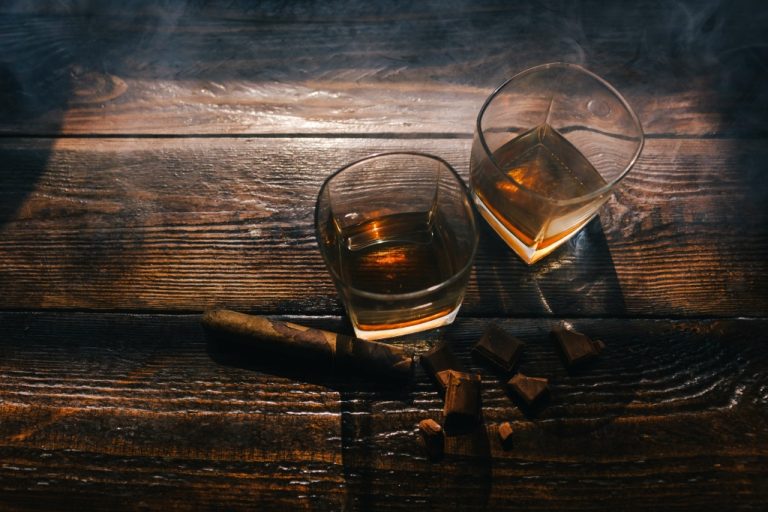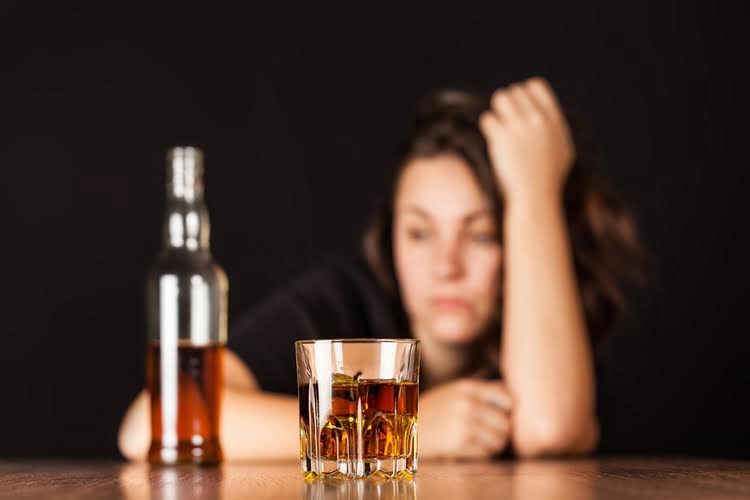-
Nincs kép
Can I Drink Again After Alcohol Withdrawal?
The journey to sobriety is a deeply personal and transformative one. From the moment of realization that I needed to quit drinking, through the challenges and triumphs, I have grown into a healthier, happier, and more fulfilled version of myself. If you?re also struggling with alcohol, know that it?s never too late to start your journey. Sobriety may be a challenging path, but it?s undoubtedly a rewarding one. While moderation may work for some individuals, it?s essential to recognize that it carries inherent risks, particularly for those with a history of alcohol addiction.
Can Recovering Alcoholics Ever Drink Again? Abstinence vs. Moderation in Long Term Recovery

Thinking about getting sober can come with many questions about your future outside of counseling and medical support. Imagine how much your health and close relationships will improve when you choose a future without drinking. Sobriety anxiety is probably the most universal challenge in the early stages of recovery. Whether it is the first week or a couple of weeks down the road, ''sobriety anxiety'' can creep in. Mindfulness exercises, writing in a journal, and practicing physical activities such as yoga or running can serve to manage anxiety.

Quitting Drinking After 20 Years: What to Expect and How to Do it
- To be an alcoholic is to be someone who has a serious history of alcohol abuse.
- I got sober at the age of 23; an addict and alcoholic I very much was.
- We talked about our discontent with our marriages, among other things.
- Our recovery specialists are standing by 24/7 to help you or your loved one.
- The fact of the matter is the benefits of one good night will never be comparable to the risks involved.
When explaining this concept to your non-alcoholic friends, though, you may have to give them more detail so that they can understand why you simultaneously want to be sober and wish you could drink at the same time. Warren is a Licensed Master Social Worker, who specializes in substance abuse and mental health treatment. Clinically, Warren has developed a therapeutic skillset that utilizes a strengths-based perspective, Twelve Step philosophies, Cognitive Behavioral Therapy and Motivational Interviewing. For the majority of people, drinking alcohol after being sober can lead to relapse. Therefore, it is not recommended to have even one drink while in recovery.
Resources for Recovery Support
First of all, it can lead to a relapse, where you find yourself trapped in the same cycle of addiction you worked so hard to break. Dr. Stanton Peele, recognized successful drinking after sobriety as one of the world's leading addiction experts, developed the Life Process Program after decades of research, writing, and treatment about and for people with addictions. His work has been published in leading professional journals and popular publications around the globe.
His most prominent roles include his performances in Chaplin (1996), Kiss, Kiss, Bang, Bang, and Zodiac. He continues on with his major role in Iron Man as well and has been experiencing career success ever since. Ben Affleck is known for his roles in popular alcoholism symptoms films such as Gone Girl.
Being surrounded https://www.micropigmentadoraclassea.com.br/microdosing-definition-effects-uses-risks-legality/ by people who encourage drinking or environments that celebrate alcohol can make it challenging for individuals to stick to moderation goals. The longer you abstain from alcohol, the better your chances of success. The key is to understand alcohol relapse statistics, know your triggers, and constantly work on ways to avoid a relapse.
What Are the Dangers of Alcohol Abuse Relapse?
Cultivating the seven core attitudes of mindfulness ? non-judging, patience, beginner?s mind, trust, non-striving, acceptance, and letting go ? can further strengthen one?s ability to manage cravings and triggers. Choosing to indulge in de-alcoholized drinks or mocktails may seem like a harmless alternative, but even these seemingly innocent beverages can be triggering for some. Consuming such substitutes can lead to a placebo-drunk-like sensation, ultimately increasing the likelihood of a relapse into alcohol addiction. It?s crucial to be cautious and avoid situations where one might start drinking these substitutes, as they could potentially lead to negative consequences. Without strong support systems like therapy, counseling, or support groups (such as AA), individuals may find it harder to maintain moderation.
.-